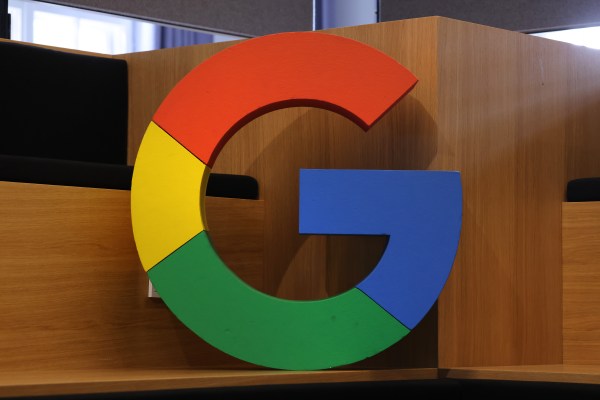Taylor Swift deepfakes be damned, Google is releasing a new AI-powered tool, ImageFX, for image creation.
Underpinned by Imagen 2, a GenAI image model developed by Google’s DeepMind team, ImageFX offers a prompt-based UI to create and edit images. That’s no different than tools like OpenAI’s DALL-E 3, Midjourney, Meta’s Imagine with Meta AI and Microsoft Designer. But ImageFX’s unique twist is “expressive chips” — basically a list of keyword suggestions that let users experiment with “adjacent dimensions” of their creations and ideas.
“Designed for experimentation and creativity, ImageFX lets you create images with a simple text prompt, then easily modify them with a new take on prompting using expressive chips,” Google writes in a blog post.
But what of the potential for abuse — especially in light of recent events?

Image Credits: Google
Google claims that it’s taken steps to ensure that ImageFX can’t be used in ways that it wasn’t intended, for example by adding “technical safeguards” to limit “problematic outputs” like violent, offensive and sexually explicit content. ImageFX also has a prompt-level filter for “named people,” presumably public figures — although Google wasn’t especially clear on that point in its press materials.
“We invested in the safety of training data from the outset,” Google said. “Consistent with our AI principles, we also conducted extensive adversarial testing and red teaming to identify and mitigate potential harmful and problematic content.”
As an additional safety measure, Google’s tagging images produced using ImageFX with SynthID, a digital watermark that’s allegedly robust against image edits and crops.

An image sample from Imagen 2. Image Credits: Google
“SynthID watermarks are imperceptible to the human eye but detectable for identification,” Google continues in the blog post. “With added insights in ‘About this image,’ you’ll know if an image may have been generated with Google’s AI tools when you come across it in Google Search or Chrome.”
You’ll find ImageFX in AI Test Kitchen, Google’s web app for experimental AI projects.
Imagen 2 expanded
In related news today, Google said that it’s bringing Imagen 2 to more of its products and services starting this week, including to its next-gen AI search experience and family of managed AI services Vertex AI.
Imagen 2 — which also now powers text-to-image capabilities in Google Ads and Duet AI in Workspace, Google’s GenAI suite of products for productivity — has made its way into Google’s SGE (Search Generative Experience). SGE, which began surfacing image generation tools for users in Google Image Search last October, now taps Imagen 2 for generating images. Users can enter a prompt specifying what sort of image they want and SGE will return four results directly in the SGE conversational experience.

Another sample from Imagen 2. Image Credits: Google
In Vertex AI, Imagen 2 is available through an API to Google Cloud customers. Elsewhere, Imagen 2 is now invokable through Bard, Google’s AI-driven chatbot.
“With Imagen 2, Bard understands simple or complex prompts so that you can generate a range of high-quality images,” Google explains. “Just type in a description — like ‘create an image of a dog riding a surfboard’ — and Bard will generate custom, wide-ranging visuals to help bring your idea to life.”
Google still hasn’t revealed the data it used to train Imagen 2, which — while disappointing — doesn’t exactly come as a surprise. It’s an open legal question as to whether GenAI vendors like Google can train a model on publicly available — even copyrighted — data and then turn around and commercialize that model.

Image Credits: Google
Relevant lawsuits are working their way through the courts, with vendors arguing that they’re protected by fair use doctrine. But it’ll be some time before the dust settles.
In the meantime, Google’s playing it safe by keeping quiet on the matter.
